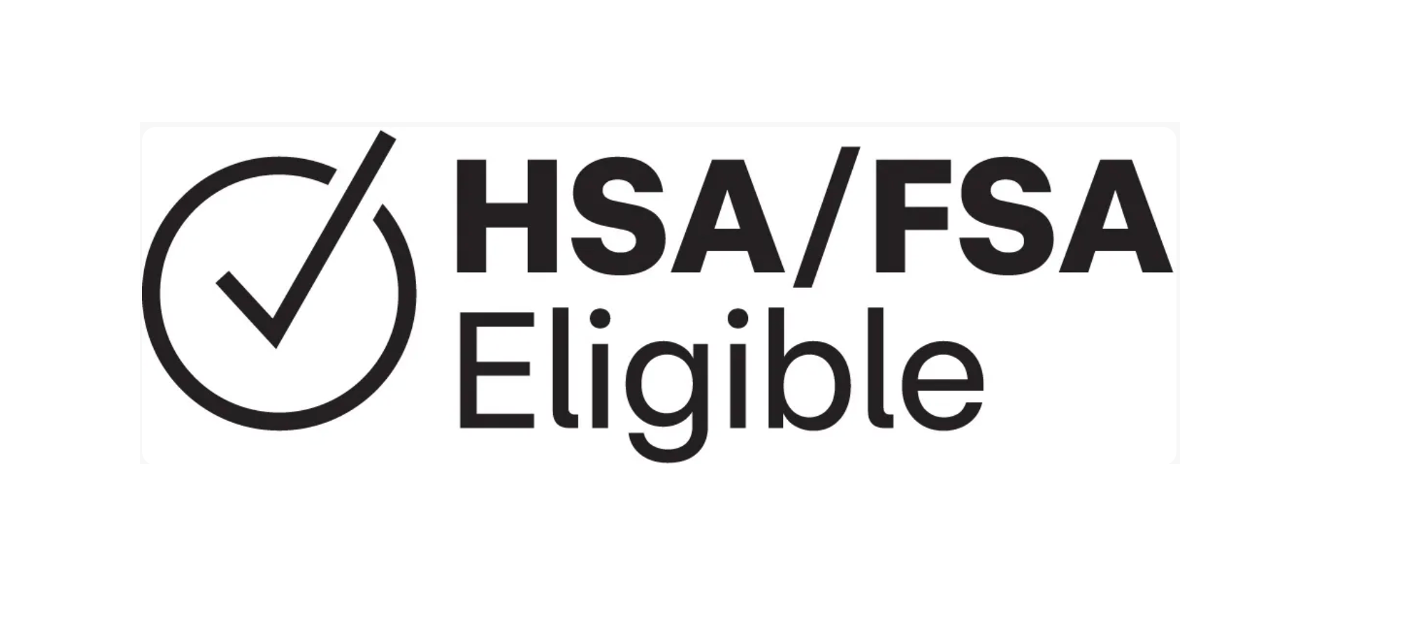What is an HSA and FSA?
HSA and FSA stand for Health Savings Account and Flexible Spending Account, respectively. They are both accounts that allow you to set aside money before taxes to pay for qualified medical expenses. This can be a great way to save money on healthcare costs, since you'll be using pre-tax dollars.
Here's a quick breakdown of the key differences:
- Eligibility: HSAs require you to be enrolled in a high-deductible health plan (HDHP), whereas FSAs can be used with most health plans offered by employers.
- Carryover: HSAs allow you to roll over any unused funds from year to year. FSAs typically have a "use it or lose it" rule, meaning you forfeit any remaining balance at the end of the plan year (some plans offer a grace period or carryover option).
- Contribution Limits: HSAs generally have higher contribution limits than FSAs.
- Investment Options: HSAs may offer investment options for your contributions to grow over time. FSAs do not.
Should I select an HSA or FSA?
Deciding between an HSA and FSA depends on your individual circumstances. Here's a breakdown to help you choose:
Good candidates for HSAs:
- You have a high-deductible health plan (HDHP): This is a requirement for HSAs. HDHPs typically have lower monthly premiums but higher deductibles (the amount you pay out of pocket before insurance kicks in). An HSA can help you cover these upfront costs.
- You don't anticipate needing a lot of medical care: HSAs are ideal for those who are generally healthy and expect minimal medical expenses throughout the year. Since funds roll over, you can save for future healthcare needs.
- You want to invest for long-term health savings: Some HSAs offer investment options, allowing your contributions to grow over time. This can be a great way to save for future healthcare needs or even retirement.
Good candidates for FSAs:
- You have predictable medical expenses: FSAs are use-it-or-lose-it, so they're ideal if you have consistent medical costs like prescriptions, copays, or regular doctor visits.
- You don't have a high-deductible health plan: You can't participate in an HSA if you're not enrolled in an HDHP.
- You want to lower your taxable income: Contributions to both HSAs and FSAs are made with pre-tax dollars, reducing your taxable income.
Here are some additional factors to consider:
- Contribution limits: HSAs typically have higher contribution limits than FSAs. You can find the current limits on the IRS website https://www.irs.gov/.
- Flexibility: HSAs offer more flexibility in how you can use the funds, even for non-medical expenses after you reach age 65. FSAs are restricted to qualified medical and dependent care expenses.
Ultimately, the best choice depends on your health needs, financial goals, and health insurance plan. If you're unsure, talk to your employer's benefits administrator or a financial advisor for personalized guidance.

